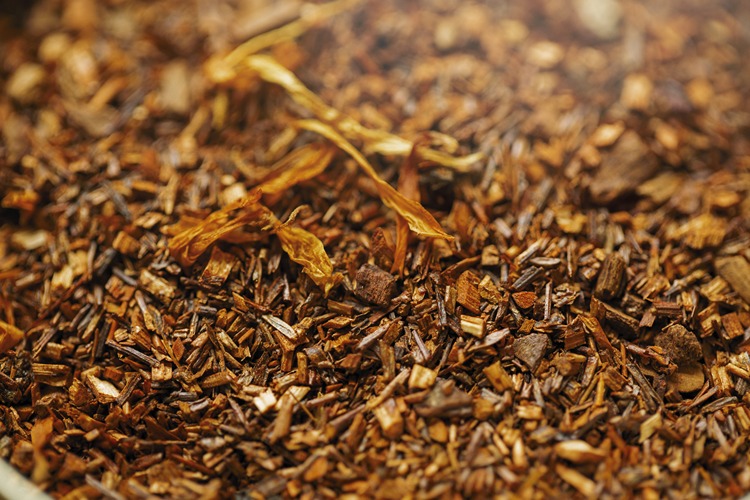As far as herbs go, peppermint has a rich history spanning centuries. A hybrid between watermint and spearmint, peppermint, or Mentha piperita, originated in Europe and quickly gained recognition for its strong, refreshing flavor and significant medicinal properties. From the ancient Egyptians, Greeks, and Romans to the modern holistic practitioners, the use of peppermint in various forms, including as a herbal tea, has been widely appreciated.
Peppermint Tea: A Relaxing Brew
A brew made from peppermint leaves, either fresh or dried, peppermint tea is a caffeine-free herbal infusion. It’s known for its cool, invigorating aroma, its subtly sweet, minty taste, and a wide array of health benefits. Most notably, it shines in the realm of digestive health.
Peppermint Tea and Digestive Health: The Science Behind It
The connection between peppermint tea and digestive wellness isn’t just anecdotal; it’s backed by scientific research. The secret lies in its active ingredient – menthol. This organic compound has antispasmodic effects, meaning it can relieve muscle spasms and contractions in the gastrointestinal tract, thereby significantly improving various digestive issues.
Menthol: The Digestive Aid
Menthol, the primary component in peppermint oil, relaxes the smooth muscles in the digestive tract. This relaxation can help relieve symptoms of conditions like Irritable Bowel Syndrome (IBS), including bloating, gas, and abdominal pain.
Anti-Nausea Effects
Peppermint tea is often used as a natural remedy for nausea and vomiting. The aroma of peppermint tea alone can help control feelings of nausea and prevent vomiting, particularly in cases of motion sickness.
Supporting Gallbladder Function
By stimulating bile flow, peppermint tea can assist in the digestion of fats and prevent gallstones’ formation.
The Versatility of Peppermint Tea
Apart from its well-recognized benefits for digestive health, peppermint tea offers a multitude of other health benefits that make it a staple in many households.
- Relief from Headaches: The relaxing effect of peppermint tea can also extend to muscles in the head and neck, offering relief from tension headaches and migraines.
- Breath Freshener: The menthol in peppermint tea can act as a natural breath freshener, fighting oral bacteria and resulting in fresher breath.
- Sleep Aid: Being a caffeine-free beverage, peppermint tea can be consumed before bed to promote better sleep.
- Weight Loss: Peppermint tea can act as an appetite suppressant, aiding in weight loss goals.
- Mental Clarity: The aroma of peppermint tea has been associated with enhanced memory and increased alertness.
How to Incorporate Peppermint Tea into Your Daily Routine
Adding peppermint tea to your daily routine is not only beneficial for your health but also a delightful experience given its refreshing flavor. Here are some ways you can enjoy it:
- Hot Peppermint Tea: Steep dried or fresh peppermint leaves in hot water for about 5-10 minutes for a comforting, warm brew.
- Iced Peppermint Tea: For a refreshing summer drink, brew peppermint tea and chill it in the refrigerator. Add some ice before serving.
- Peppermint Tea Infusion: Add extra flavors like lemon, honey, or other herbs to your peppermint tea for a flavor-packed, healthful drink.
Frequently Asked Questions
Q: How many cups of peppermint tea can I consume daily?
A: For most individuals, consuming 2-3 cups of peppermint tea per day is safe and beneficial.
Q: Can children drink peppermint tea?
A: Yes, in moderation, children can consume peppermint tea. However, it’s always best to consult with a pediatrician first.
Q: Can peppermint tea interact with medications?
A: While generally safe, peppermint tea can interact with some medications, especially those for acid reflux and hypertension. Always consult with a healthcare provider if you have any concerns.
The Bottom Line
Peppermint tea, with its refreshing flavor and profound health benefits, especially for digestive health, is a potent brew worth incorporating into your daily routine. As always, moderation is key, and it’s best to consult with a healthcare provider in case of any underlying health conditions or concerns.





